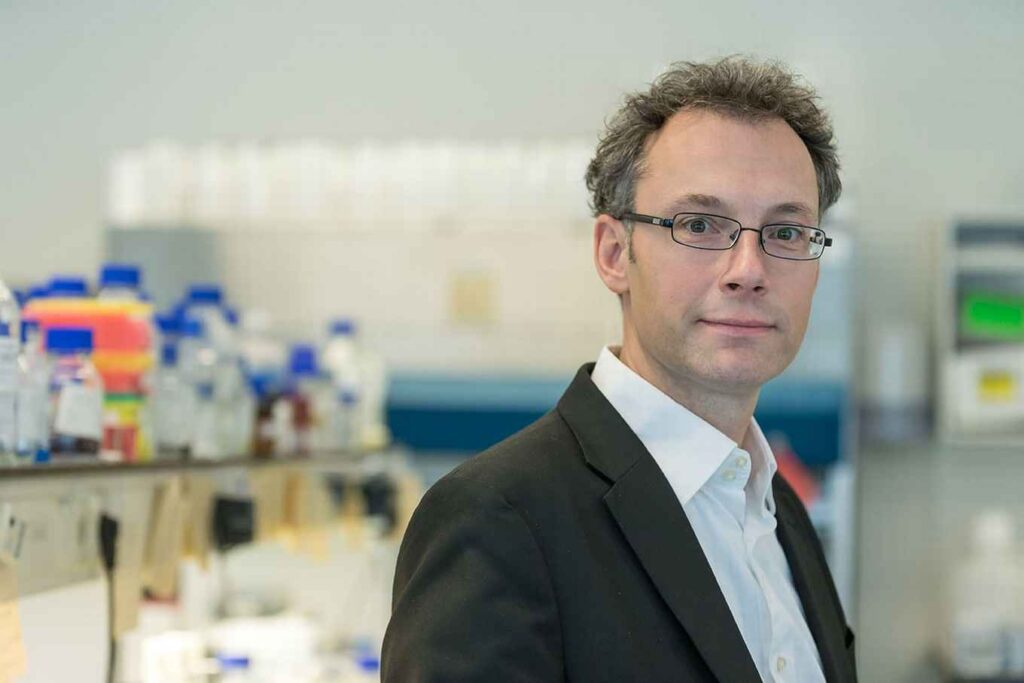Researchers from Amsterdam UMC are again one step closer to a HIV vaccine

There’s still no vaccine for HIV: the world’s second deadliest infectious disease. But researchers Rogier Sanders and Tom Camiels from Amsterdam UMC have taken a significant step forward. For the first time, their treatment has been tested in a small group of human participants, showing promising results and bringing the goal of an HIV vaccine closer.
It's been incredibly challenging to trigger the body to produce similar antibodies after vaccination.
The challenge: how to trigger production of antibodies
“In short, for a preventative HIV-vaccine to work it should induce broadly neutralizing antibodies against all the diverse strains of the virus. We’ve seen that some people who have been infected with HIV can develop these antibodies but it’s been incredibly challenging to trigger the body to produce similar antibodies after vaccination,” says Tom Caniels, postdoctoral researcher at Amsterdam UMC.
Milestone: targeting the right cells is now possible
“Across the participants we saw antibody production that tells us we’re on the right track. We now know we can target the right cells with atomic precision. The next step is to further stimulate these cells to secrete broadly neutralizing antibodies,” says Rogier Sanders, Professor of Virology at Amsterdam UMC and last author of the study.
If the team reaches their next milestone, they’ll be one step closer to their ultimate goal: developing a vaccine for HIV. A mission Rogier Sanders and his team have been pursuing since the early 2000s.
